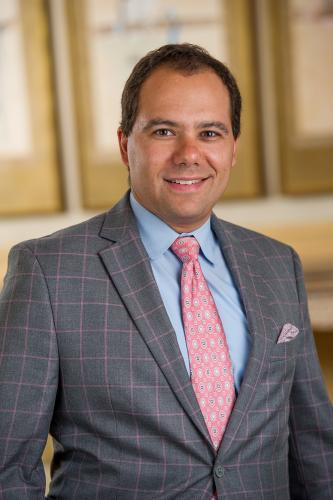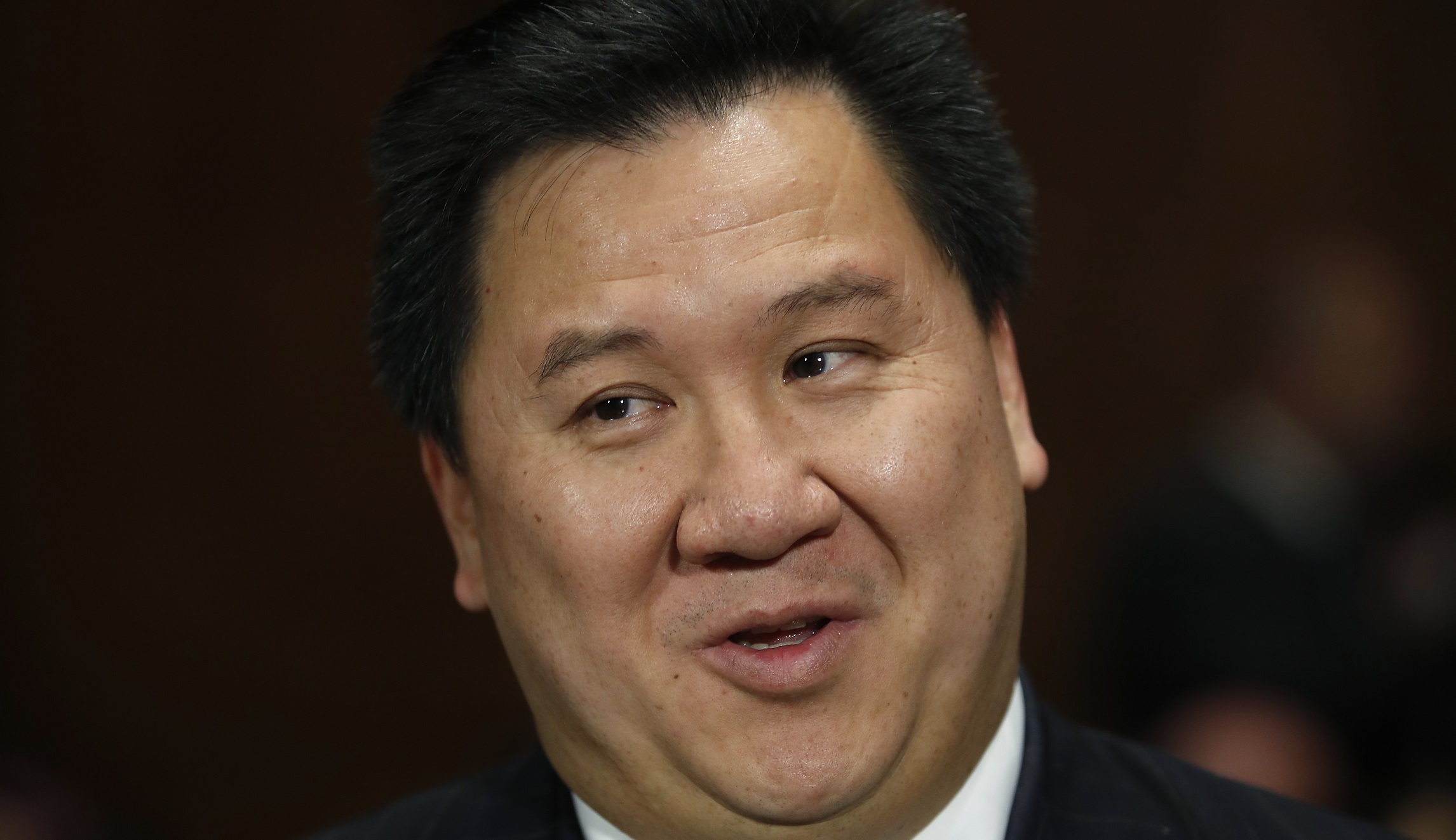College campus free speech controversies roared back to life in a big way during the 2022 calendar year, after COVID restrictions during 2020 and 2021 largely tempered the issue or relegated it to an online environment.
From the law schools at Georgetown and Yale, to the campus of Cornell University, the return of full-time in-person classes brought with it a revival of on-campus activities as predominantly conservative student groups attempted to host events with prominent conservative speakers in the face of protests and disruptions.
STUDENTS AT NEW YORK CITY UNIVERSITY DEMAND ‘A’ GRADES AFTER FACULTY STRIKE
In a notable shift from previous years, campus speech disruptions in several cases drew harsh responses from administrators at several institutions, including one instance where university administrators said protesting students who disrupted an event with conservative columnist and author Ann Coulter could face discipline.
George Washington University’s China flip-flop
The nation’s capital proved to be a hotbed of campus free speech controversies. The campus of George Washington University was the site of a free speech controversy with international implications that saw its president flip-flop over a series of posters that criticized the Chinese Communist Party.
The incident took place in February, as the 2022 Winter Olympics in Beijing, China, were underway, and centered on a series of posters by a prominent Chinese dissident artist that were posted around the school’s Washington, D.C., campus. The posters meshed winter sports imagery with criticisms of China’s human rights record.
2/ The collection posted in @GWtweets includes 5 posters depicting CCP’s
1. Oppression of the Tibetans
2. Uyghur genocide
3. The dismantling of HK democracy
4. The regime’s omnipresent surveillance systems
5. lack of transparency surrounding the COVID-19 pandemic. pic.twitter.com/ITIBiryf4X— 巴丢草 Bad ї ucao (@badiucao) February 5, 2022
The posters angered a cohort of Chinese students at the school who complained to Mark Wrighton, the university president, who initially ordered the posters to be removed from the campus billboards, while adding that he was “personally offended” by their content.
Wrighton was widely criticized for what was seen as a blatant capitulation to the whims of the Chinese Communist Party. Shortly after news of his reply went viral, the GWU president backtracked his statement and said his response to the posters was a “mistake” and reaffirmed his support for freedom of speech.
“I want to be very clear: I support freedom of speech — even when it offends people — and creative art is a valued way to communicate on important societal issues,” Wrighton said at the time.
Georgetown Law School and Ilya Shapiro
Among the most high-profile campus controversies of 2022 took place at Georgetown Law School, where Ilya Shapiro, a renowned conservative lawyer and scholar, was set to become the executive director of the law school’s Center for the Constitution.
But Shapiro never taught a day of classes at the prestigious Washington, D.C., institution. In January 2022, as news of Justice Stephen Breyer’s pending retirement from the Supreme Court broke, Shapiro said that President Joe Biden should nominate Judge Sri Srinivasan from the D.C. Circuit Court of Appeals to the vacancy created by Breyer’s retirement, but that because the president had vowed to nominate a black woman to the position, the president was going to nominate “a lesser black woman.”

Although Shapiro promptly apologized for his “inartful” tweet, Georgetown immediately placed their newly hired faculty member on paid administrative leave pending an investigation. In the days that followed, students staged a sit-in protest where they demanded the university provide them with catered food and a space on campus to cry.
Nearly five months after he was first placed on administrative leave, Georgetown Law School reinstated Shapiro after finding that he should have never been placed on administrative leave. But Shapiro had had enough. After just one full day on the job, he resigned from his position and blasted the institution’s actions in an op-ed for the Wall Street Journal.
“What Georgetown subjected me to, what it would be subjecting me to if I stayed, is a heckler’s veto that leads to a Star Chamber,” Shapiro wrote, referencing a Renaissance-era secret English court infamous for its lack of due process. “‘Live not by lies,’ warned Aleksandr Solzhenitsyn. ‘Let the lie come into the world, let it even triumph. But not through me.’ I won’t live this way.”
Yale Law School’s disastrous 2022
Widely considered to be the most prestigious law school in the nation, Yale Law School become a hotbed of free speech controversy in March 2022 after a cohort of students attempted to shout down an event featuring conservative attorney and now-president of the Alliance Defending Freedom Kristen Waggoner.
The event, which also featured Monica Miller from the American Humanist Association, a progressive atheist group, was a discussion about civil rights law and made national headlines due to its disruption. Conservative and centrist commentators were quick to point out that students who disrupted the event represented the next generation of attorneys.

But perhaps the biggest escalation of the controversy took place months after the event, when Judge James Ho, a federal judge in the Fifth U.S. Circuit Court of Appeals, vowed to no longer hire Yale law school graduates for clerkships during a speaking engagement with the Federalist Society.
Ho called on his fellow judges to join him in his boycott, and 11th Circuit Judge Elizabeth Branch quickly pledged her support for the boycott. In response, Yale Law School Dean Heather Gerken defended the institution’s commitment to intellectual freedom in a letter to the law school community.
“Yale Law School is dedicated to building a vibrant intellectual environment where ideas flourish,” Gerken wrote. “To foster free speech and engagement, we emphasize the core values of professionalism, integrity, and respect. These foundational values guide everything we do.”
Gerken also criticized the protesters who disrupted the March event, saying their actions were “unacceptable and violate the norms of the school, the profession, and our community.”
Cornell’s Ann Coulter problem
Among the harshest response from administrators to the disruptive behavior of student protesters in 2022 took place at Cornell University after a group of protesters shouted down conservative commentator, author, and Cornell alumnus Ann Coulter during a November speech.
The event was initially slated to last a full hour, but the disruption cut the event short after 20 minutes. Video of the event showed protesters loudly shouting and blowing whistles, drowning out any attempt by Coulter to continue her planned lecture.

In response, the university apologized to Coulter, saying the behavior of the protesters “does not reflect the university’s values.”
CLICK HERE TO READ MORE FROM THE WASHINGTON EXAMINER
Cornell vice president of university relations, Joel Malina, took the university’s response further, noting that the students who disrupted the event “would be in violation of university policy and subject to removal and/or referral to the Office of Student Conduct and Community Standards.”
“The event was interrupted by attendees playing loud music and sound effects and shouting profanities,” Malina said. “Eight college-age individuals were removed from the auditorium following Cornell protocols. All Cornell students among the disrupters will be referred for conduct violations.”

